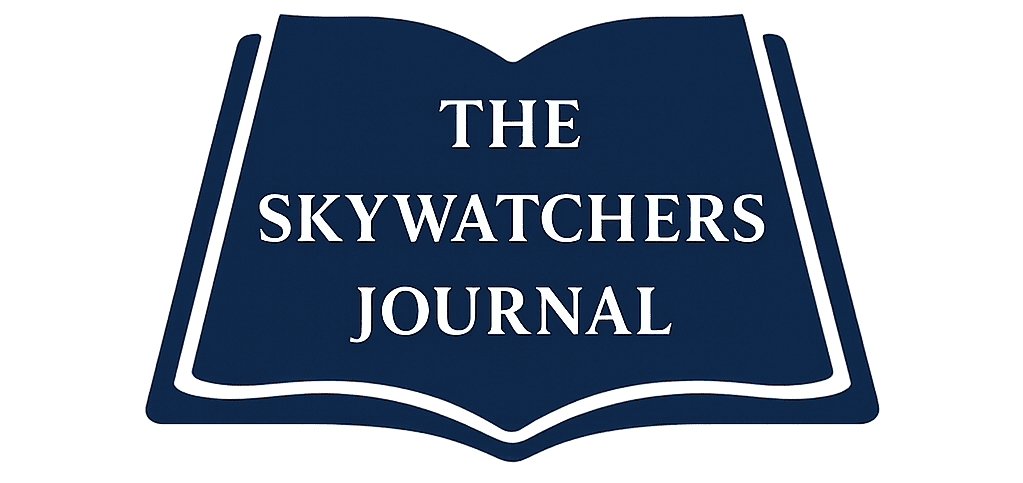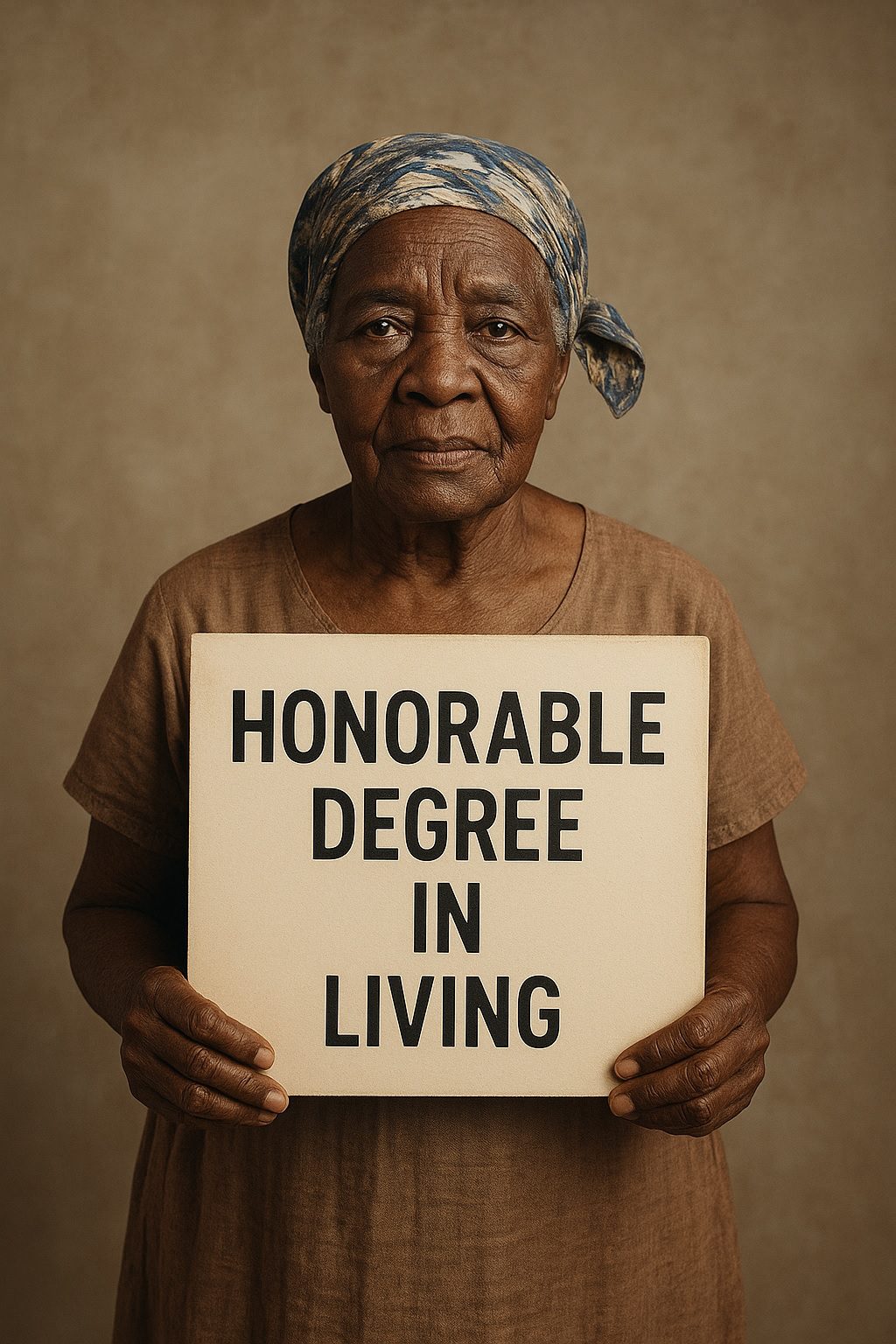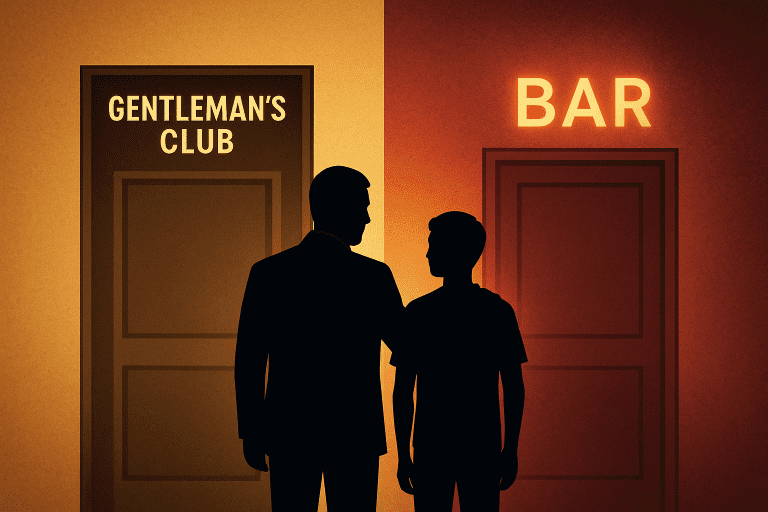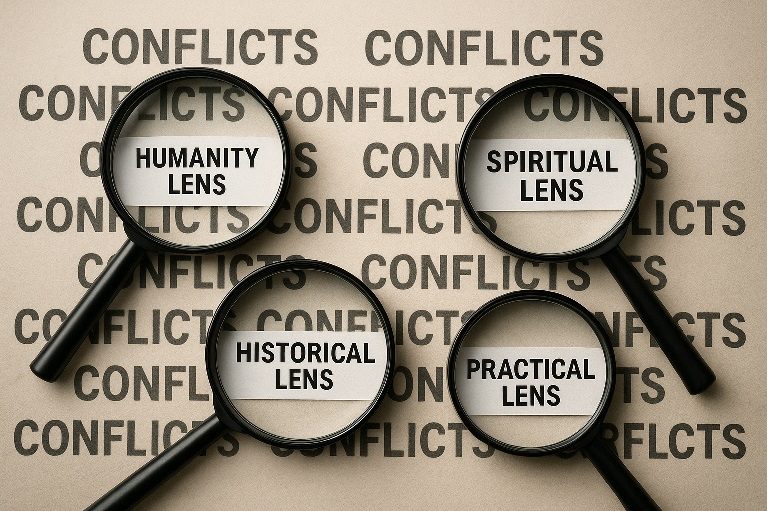My Grandma: No Schooling, Yet Mastered Life Better Than Any Degree Holder

She never set foot in a classroom. Not nursery, not primary, not even a library. Born around 1920 and living into her 90s, my Grandma Jane married young, widowed early, yet ran her household like a master economist — without a degree, bank account, mortgage, or car.
Today, we spend decades in school, earning masters and PhDs, yet often rely on jobs, insurance, credit cards, and retirement plans to survive. My grandmother? She had none of that — and thrived.
Her Economy of Living: Lessons in Self-Sufficiency
- Food independence: She kept a cow for milk, free-range chickens for meat, a lush garden for greens, and six acres plus a granary storing grains for 3–4 years of poor rainfall. She also raised a few goats and sheep.
- Food processing: Grains were ground into flour, meat smoked and salted, and cooking fat used sparingly — one 3-liter container could last 5–10 years.
- Home brewery: She brewed her own beer. Locals paid to drink, but she ran it with no nonsense — drunks were shown the door. The money sent my dad to Alliance High School, one of Kenya’s most prestigious schools.
- Medicine from nature: Lemongrass, chili, parsley, and other herbs grew wild in her compound — her natural pharmacy.
- Physical activity: Walking, digging, and working the land kept her lean, strong, and healthy — no gym required.
- Water independence: She collected rainwater in drums.
- Minimal dependence on money: The closest she had to a bank was a tiny red piggy bank, with the key safely at the post office.
Through ancestral wisdom and sustainable living, she stayed healthy, resilient, and self-reliant for decades. Hospital visits were rare — her lifestyle was medicine.
Modern Life vs. Grandma’s Independence
Contrast that with modern living:
- The first 25 years are consumed by education and skill-building.
- Independence often comes late, dependent on loans, jobs, insurance, and credit.
- Consumerism, social status, and financial stress dominate, creating constant anxiety.
- Retirement can feel like a mini death sentence — worried about income, benefits, and health.
We may have more formal knowledge, but we’ve lost much of the skill to survive independently. Grandma’s knowledge — food, medicine, finance, culture, and health — was practical, tested, and holistic.
Bridging the Gap: Combining Old and New
We don’t have to reject modern life to reclaim self-reliance:
- Grow your own food: Organic gardening reduces reliance on pesticide-rich produce.
- Learn local herbs and remedies: Natural medicines improve health and reduce pharmaceutical dependence.
- Recycle and conserve: Intercropping, natural fertilization, and soil management still work wonders.
- Practical life skills: Budgeting, storing food, and preparing for scarcity remain invaluable.
- Save and invest: Pretty abvious, itsnt it. Ensure after retirement living standards dont drop drastically.
Imagine combining grandma’s ancestral wisdom with modern science. We could live healthier, more resilient, and truly empowered lives. lifestyle diseases would be wiped out.
Takeaway: True Knowledge Isn’t Just Degrees
Degrees and certificates matter, but practical knowledge — self-sufficiency, sustainable living, and life skills — can outshine even the highest academic credentials.
Grandma’s life was a masterclass in living deliberately, sustainably, and independently. She never rented, never worried about job loss, and faced little of the modern stress we now consider normal. One woman, with no formal education, mastered the art of life better than most who studied for decades.







